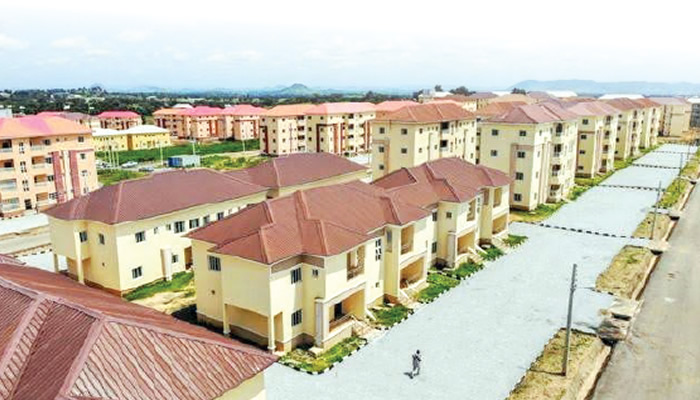The Federal Government has officially launched the Renewed Hope Housing Scheme in Calabar, Cross River State, marking a key milestone in its drive to provide affordable and sustainable housing across the country.
The housing initiative, under President Bola Ahmed Tinubu’s Renewed Hope Agenda, was given a boost with the formal handover of 25 acres of land in Adiabo community. The land was generously donated by the Cross River State Government to support the scheme’s rollout in the South-South region.
During a courtesy visit to the Obong of Calabar, the Special Adviser to the President of the Senate and liaison to the Federal Ministry of Housing and Urban Development, Rt. Hon. Victor Udofia, expressed gratitude for the state’s gesture and hospitality. He praised the leadership of Governor Bassey Otu for expediting the land approval process, which he described as vital to the timely commencement of construction.

Udofia also acknowledged the contributions of Senator Asuquo Ekpenyong, who played a significant role in securing the project’s location within the state.
“This project is deeply personal to me,” Udofia said, recalling his National Youth Service Corps (NYSC) experience in Cross River State. He confirmed that contractors have received their award letters, with site mobilization expected to begin within the next two to three weeks, subject to final fund disbursement.
The Obong of Calabar, Edidem Ekpo Okon Abasi Otu V, offered his royal endorsement during the meeting, thanking both the state governor and the President of the Senate for their efforts in bringing the development to Calabar. He described the project as a welcome step toward addressing the housing needs of ordinary Nigerians.
Representing the Minister of Housing and Urban Development, Alhaji Ahmed Dangiwa, the Federal Controller of Housing in Cross River State, Alfa Simeon, provided further details on the project structure.
According to Simeon, the initial phase will deliver 120 housing units, comprising expandable one- and two-bedroom flats tailored for civil servants and middle-income earners. Eight contractors have been engaged—four assigned to infrastructure development, including roads, water, and electricity, and four focused on building residential units.
“Our plan is to complete and hand over Phase One before initiating Phase Two. This ensures resources are used efficiently and helps prevent abandoned projects,” Simeon stated.
Local leaders and residents in the Adiabo community have welcomed the development, pledging full cooperation with government agencies to support the scheme’s success.




